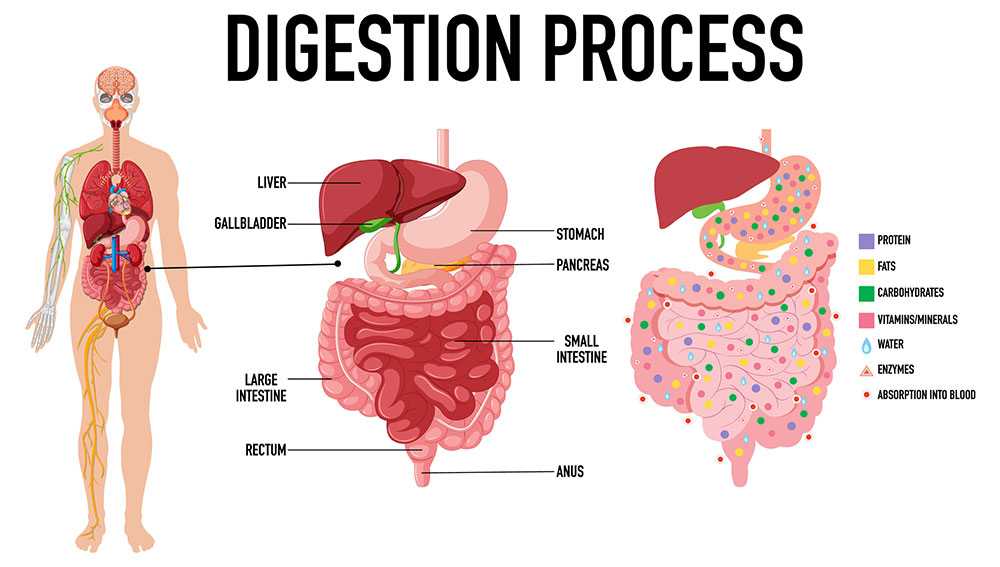What is the Importance of Digestive Health? A Long Island Certified Dietitian Nutritionist Discusses Gut Health
Everybody is talking about “gut health”. There are whole sections of bookstores now dedicated to books on digestive health; aisles of grocery stores and products pushing digestive health antidotes, remedies, fixes, and more. Once you understand what digestive health means, I can explain the implications, ramifications, and potential consequences of poor gut health.
What is the meaning of digestive health?
Digestive Health, often known as Gut Health, are terms used by consumers, the food industry, and even practitioners. From a healthcare perspective, the definition would include
- Effective digestion and absorption of food
- Absence of gastrointestinal symptoms and disease
- Normal composition and vitality of the gut microbiome
- Effective immune status
- Status of well-being
May be negatively affected by a variety of GI symptoms such as bloating, flatulence, abdominal pain, diarrhea, constipation
How do you explain digestion?
Now that the definition of digestive health is understood, you need to understand how digestion works:
Your digestive system is composed of the mouth, esophagus, stomach, small intestine, pancreas, liver, gallbladder, colon, rectum, and anus. This system breaks down food and liquid into their chemical components – carbohydrates, fats, protein, vitamins, and minerals- so the body can absorb these nutrients and build or repair cells sustaining good health. (Harvard Health)
What are diseases associated with the digestive system?
There are temporary conditions as well as long-term (chronic) diseases that affect the digestive system, disrupting digestive health. In some people, their immune system mistakenly attacks the digestive system, causing various digestive problems.
Common diseases include:
Gastroesophageal Reflux disease (GERD), Celiac disease, irritable bowel syndrome (IBS),
Diverticulosis/Diverticulitis, Inflammatory Bowel Disease (IBD) – Crohn’s disease or ulcerative
colitis, Gallstones, Gastroenteritis (stomach flu)
What are the symptoms of digestive problems?
Some common recognized conditions include constipation, diarrhea, heartburn, bloating, and indigestion. There are other symptoms related to gastrointestinal problems that many people don’t know about or relate to gut digestive health problems.
Digestive health plays a key role in both mental and physical health
Potential consequences of Poor Digestive Health, DrugWatch
- mental health and mood disorders
- autoimmune diseases
- endocrine conditions
- gastrointestinal disorders
- cardiovascular disease
- cancer
- weight gain
- fatigue
- skin conditions
- abdominal pain
- bloating
- sleep disturbances
- digestive symptoms such as gas, bloating, constipation, diarrhea, and heartburn
HOW TO SUSTAIN DIGESTIVE HEALTH – Watch for my next blog
Additional Resources
- Harvard Health
- Cleveland Clinic
- Bischoff SC. ‘Gut health’: a new objective in medicine? BMC Med. 2011 Mar 14;9:24. doi: 10.1186/1741-7015-9-24. PMID: 21401922; PMCID: PMC3065426.
- Drug Watch



